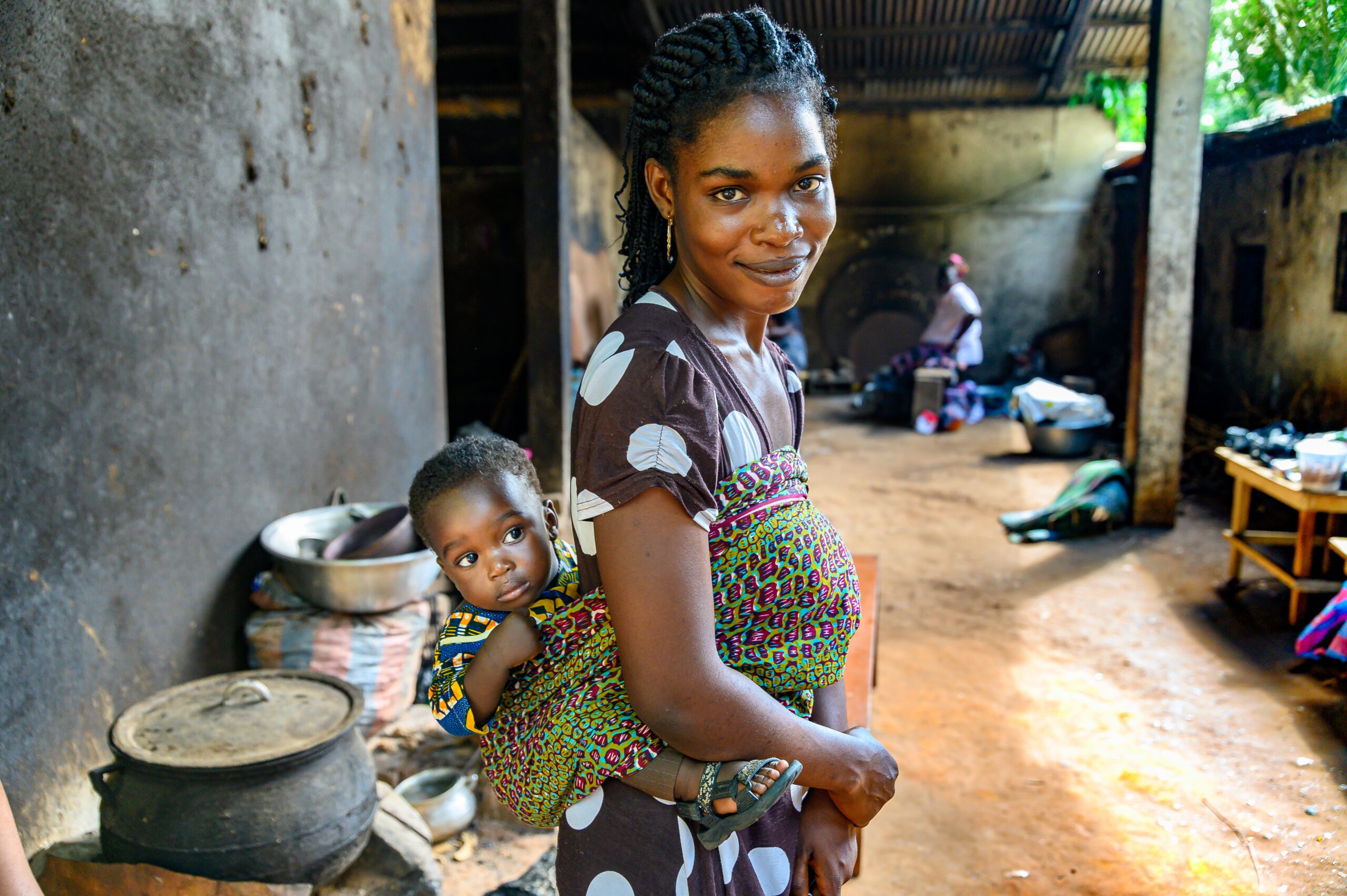The photo above: Mother and her little boy carried in kitenge. They are staying here at the Hôpital Baptiste Biblique in Tsiko, Togo, West Africa.
African Time is when one says they will arrive at a particular time but come much later.
It should be noted that almost every African (on both the leaving and receiving end) does this. So, if one does arrive on “American time,” don’t be surprised if a party is still getting set up, a person is still getting ready, etc.
Most all my frustrations with Africa were from my not allowing for myself to adjust to the way we do things in Africa or as the old saying goes, “When in Rome do as the Romans do.”
How this impacts Humanitarian Storytelling
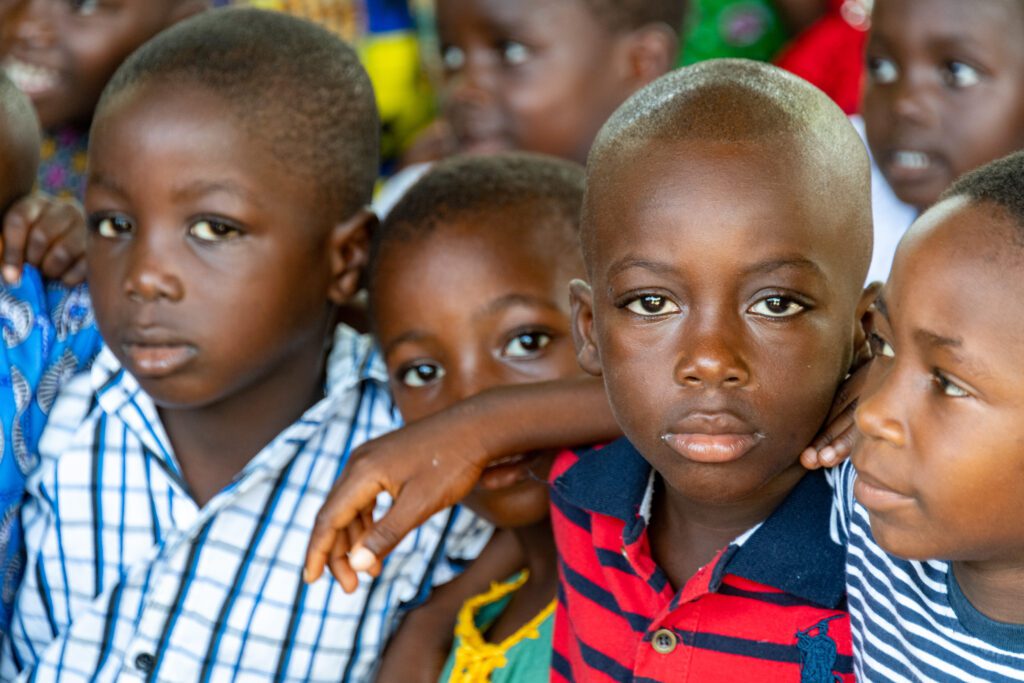
In the United States, if you plan a project, you email, text, and call people and plan. You put together a schedule so you can make the most of your time when you arrive.
On all my trips to Africa [Burkina Faso, Ghana & Togo], the team I worked with did everything to work with Americans who lived there to plan our itinerary. This last trip reminded me of African Time. Had I been fully aware, I would have designed to take two weeks to accomplish what I usually can achieve in one week in the states.
Now Africa isn’t the only place like this, but for Americans who are punctual and like to have a packed and productive schedule, you might find yourself like me, with little hair left.
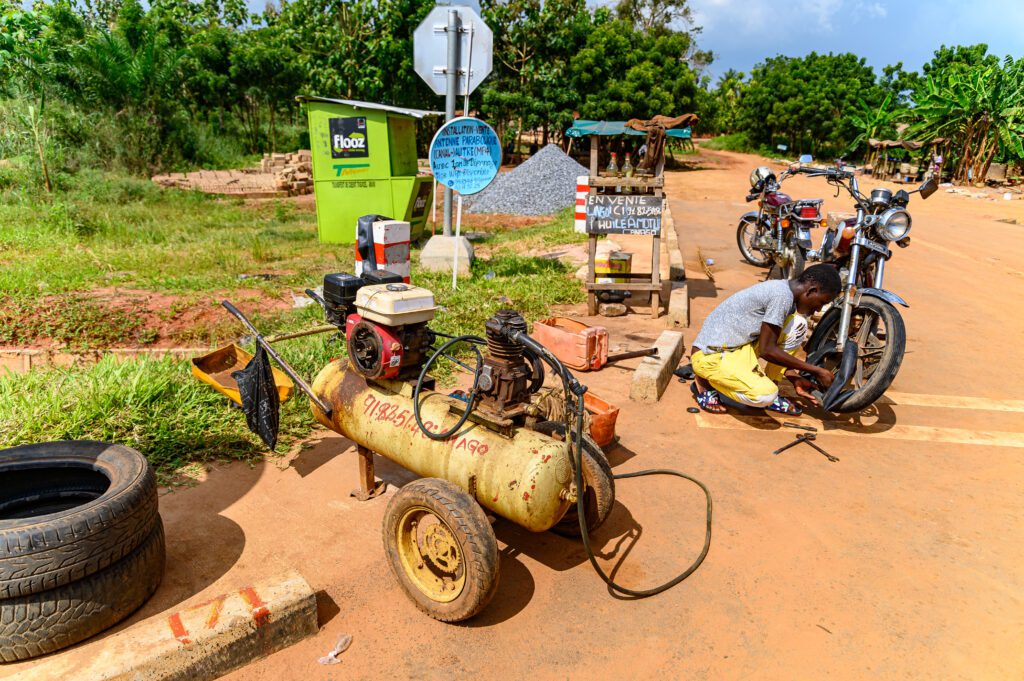
Most likely, the host in Africa you will work with is more than willing to help you and will start when you arrive.
I planned trips for a few months with a writer when we went to Burkina Faso.
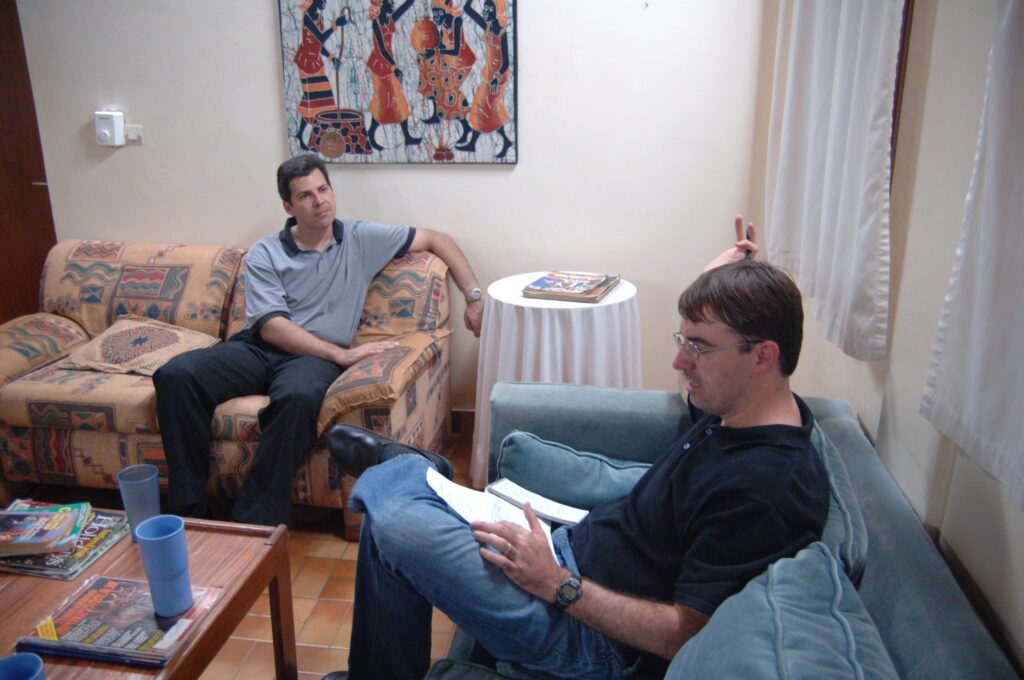
This is a photo from that meeting where the writer reviewed the plans. This was when they said what possible the next day was. Looking back, I should have noted that this is a common way and not the exception for storytelling coverage by media specialists when they come from another country to Africa.
I arrived in Lome, Togo, on Friday night. They don’t drive in the country on the roads at night because it is just too dangerous. You can hit an animal, and getting help wouldn’t be until daylight.
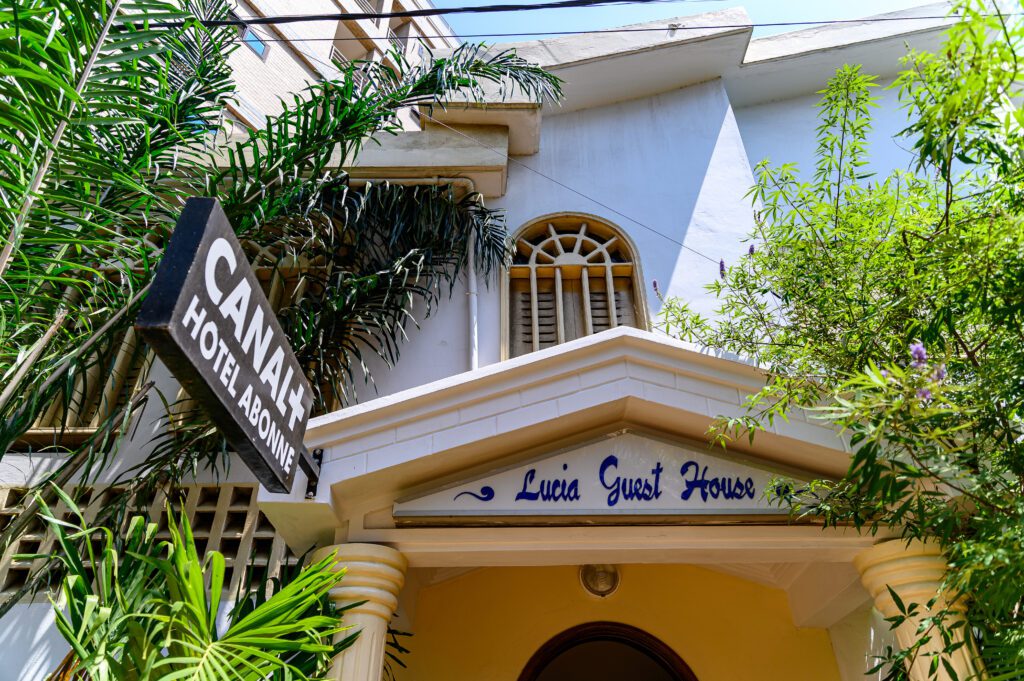
I stayed at a hotel in Lome with the plans that we had worked on to leave the following day to drive and arrive to meet with a team that afternoon to plan.
Well, I found out at the airport the night before that they had to wait and pick up more people later that afternoon. No communication to me or the rest of the team that this was happening.
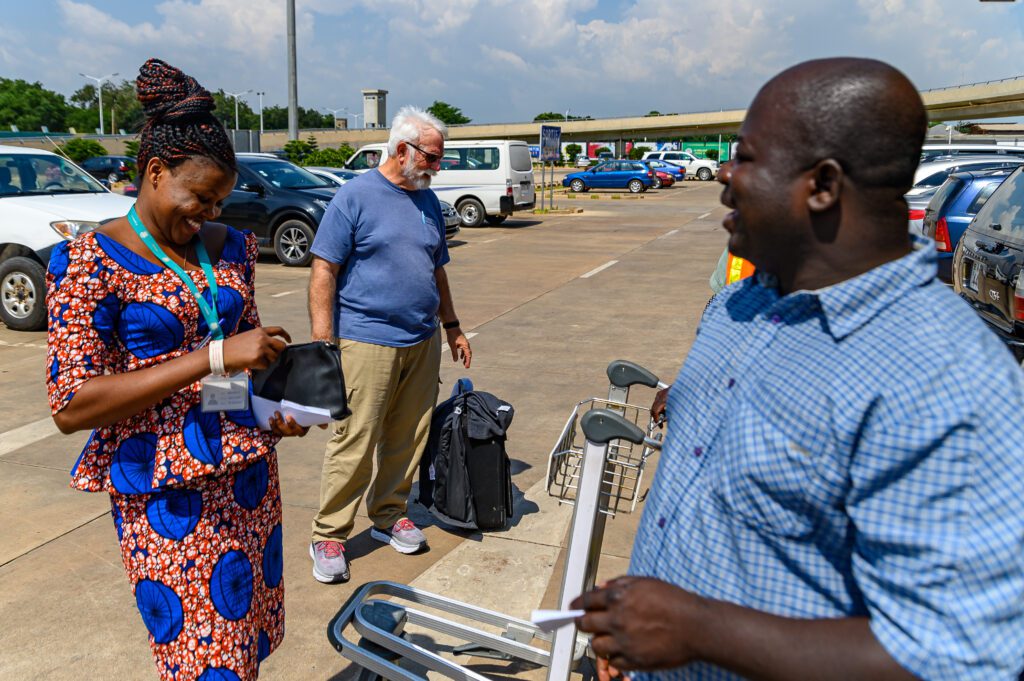
In Africa, this is “normal” behavior, whereas, in the USA, we would check with the guests before making plans for them without involving them in the process.
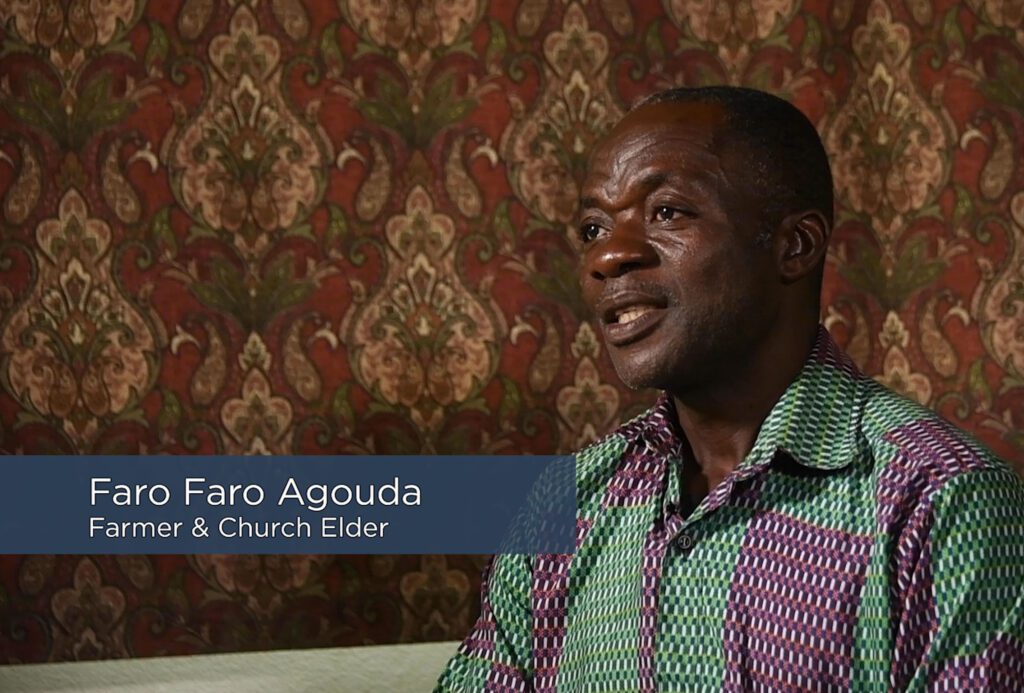
It took us four days to locate Faro Faro Agoda, one of our subjects, for the story. I didn’t know until he arrived that he had driven almost 4 hours to make it for our video interview.
In the area of Africa where I went, there are over 43 languages. This impacted everything you do. While you think you are clear and the person you are talking to might understand, by the time your thoughts are translated through who knows how many different languages, the message can become quite different to the intended audience.
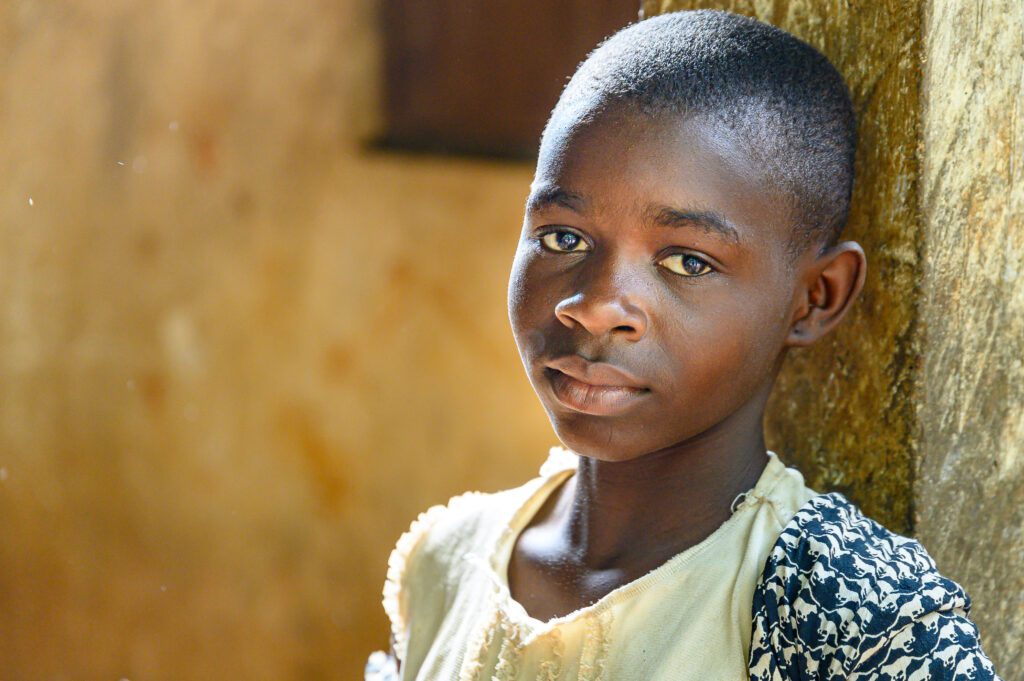
In the movie The Wizard of Oz, in which Dorothy, upon arriving in Oz, says, “Toto, I have a feeling we‘re not in Kansas anymore.” This is how one often feels when they forget there is a cultural difference to working in another country.
Preplanning
You can still make plans before going to Africa. They will tell you a good time to come and can tell you most of the time if the people you need for the project will be in the country. As always in life, you still need to be flexible for those things outside your host’s control. Accidents can happen, and even family crises take people away.
You can still communicate your plans for the project and get as much as a possible agreement before you go.
I would suggest making most of your time to get the people to agree to a schedule before buying your airfare and booking your hotels. You can find out this way if they tell you everyone is OK with the program.
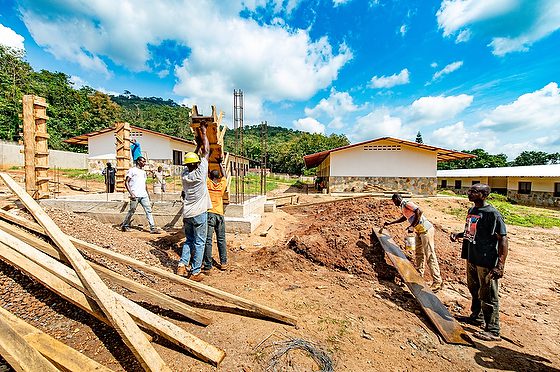
Boots on the Ground
When you arrive, you must have planned your first meeting to go over everything you have been planning in person.
From my experience, everything you are used to doing in the States will take twice as long or longer to do in Africa. This is the culture; you must learn to work with it and not fight it.
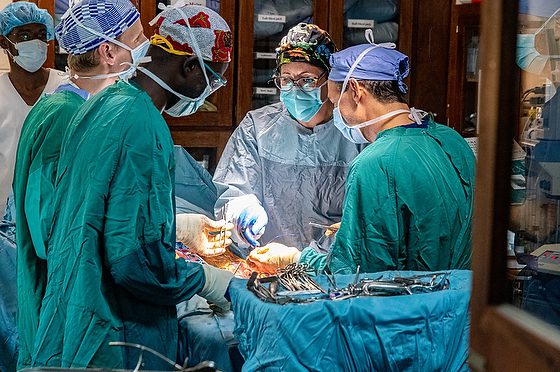
Bottom Line
With Humanitarian work, you are often in a different country and working with a different culture. You must learn to be flexible and able to go with the flow.
It would help if you still got the storyline no matter where you are to tell a story. Continue to be persistent and ask for what you need. Just give them time to respond.

